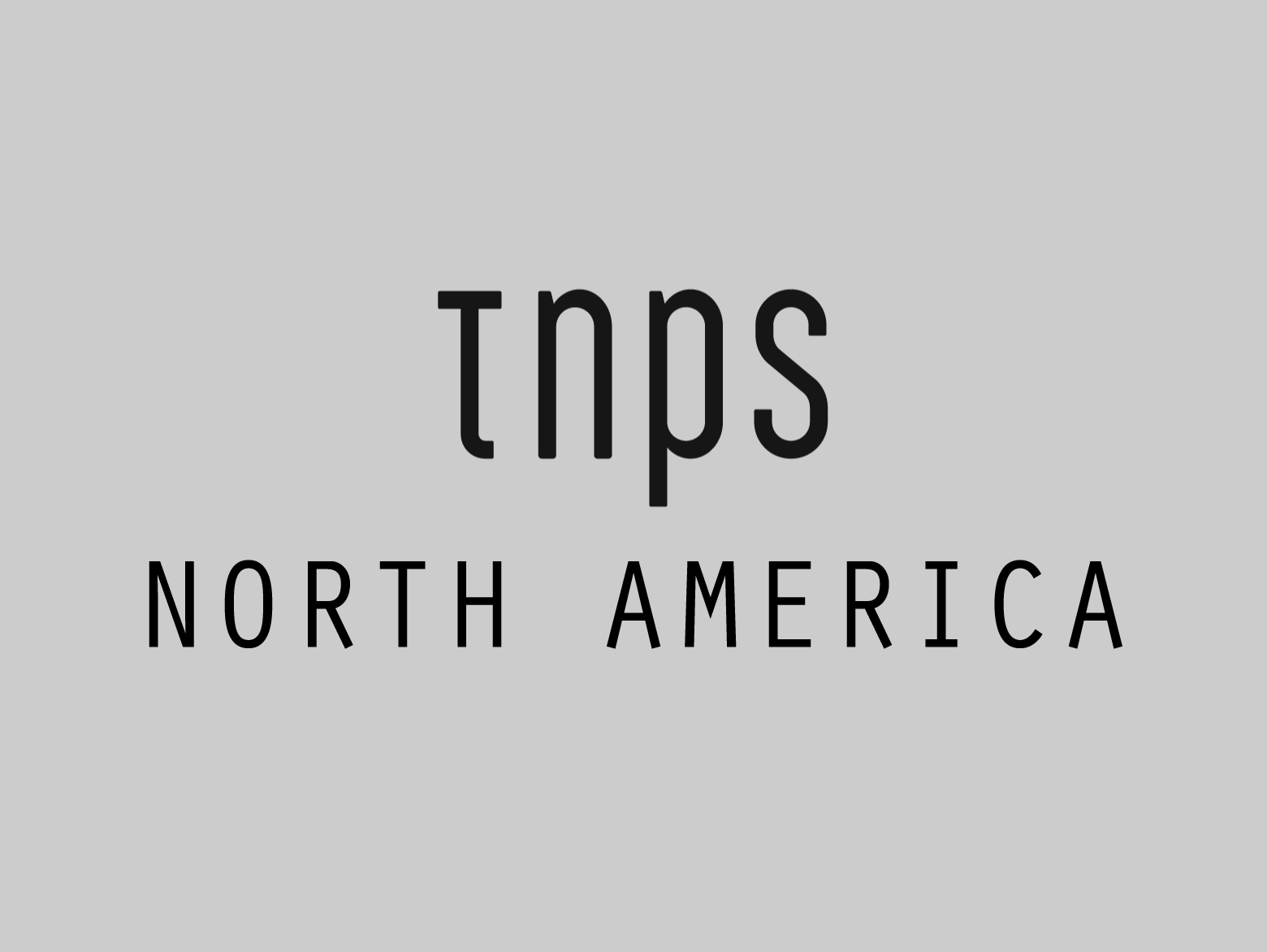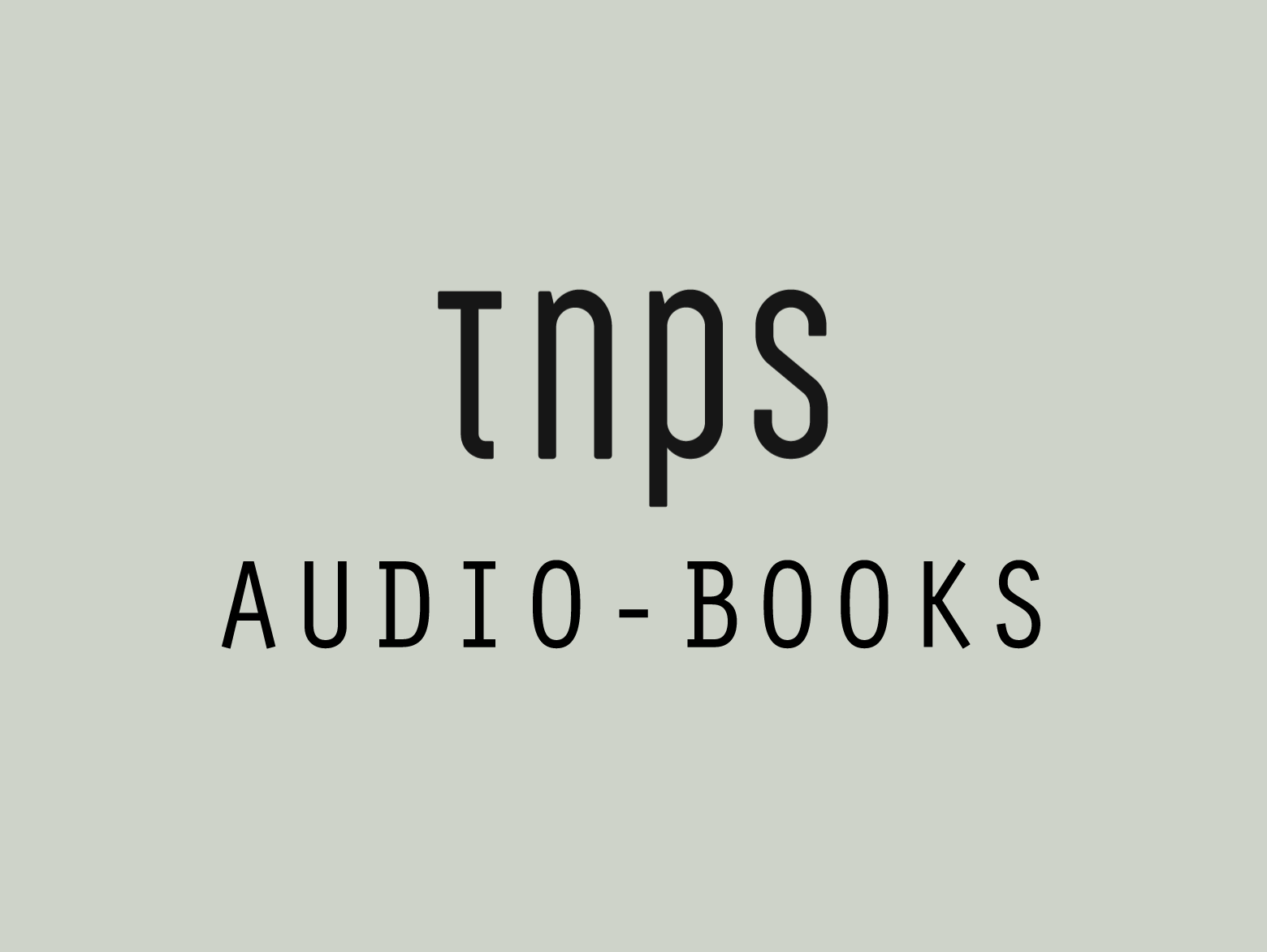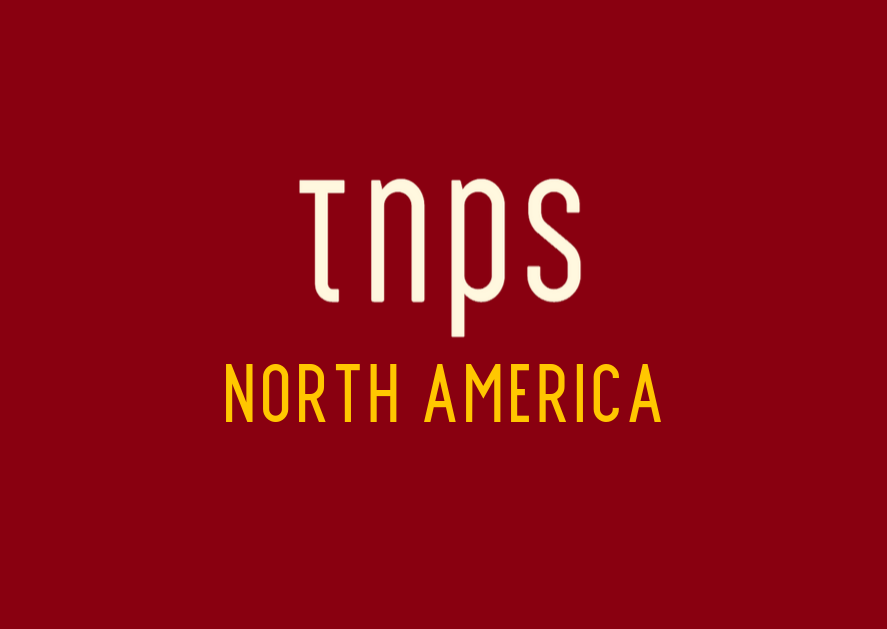 Nook, by Barnes & Noble. But for how much longer?
Nook, by Barnes & Noble. But for how much longer?
Over the weekend The Digital Reader ran an insightful post on the future of Nook, the ebook arm of America’s biggest bricks & mortar bookstore chain.
“Len Riggio has just dashed the hopes of everyone who had been praying for a Nook turnaround.”
Nate Hoffelder at The Digital Reader is no friend of Barnes & Noble, so the opener came as no surprise. But on this occasion Hoffelder was citing Publishers Weekly, in turn citing Barnes & Noble chairman and power behind the throne Len Riggio, who it seems had “assured shareholders that B&N is no longer in the tech business.”
Acknowledging Barnes & Noble doesn’t have “the culture or financing to compete with the likes of Amazon and Google,” Riggio apparently plans to “partner with technology companies to keep a presence in the digital space.”
As Hoffelder notes, that partner is likely as not to be Rakuten Kobo. Kobo has a long track record of stepping in to take over the customer base of terminated ebooks stores (Flipkart and Waterstones among many) or of stepping in as the tech operating-partner (Tolino) or running the Kobo store as a bolt-on (most Indiebound stores) or…
At The Digital Reader Nate Hoffelder sees this as a backward step.
“B&N will go from being a potential player to being little more than one of Kobo’s retail partners – think Indigo, only in the US.” (Hoffelder is not one of Kobos’s biggest fans either).
Personally I don’t see that as a bad thing.
What I see as interesting about the Nook proposition is that a near-future engagement with Kobo (i.e. before Nook loses even more customers) could put Rakuten in a strong position as an ebook and audio-book player in the US.
Here’s the thing: According to the February Author Earnings Report Barnes & Noble saw just shy of 20 million ebook sales in 2016. Kobo pulled in just 1.25 million (Kobo is focussed elsewhere and sold more in the UK and Australia than in the US, and substantially more in Canada).
But Kobo parent Rakuten also owns OverDrive, and is currently looking to mesh the two operations. OverDrive landed some 200 million ebook and audio-book downloads in 2016 and is on target to comfortably beat that number in 2017. Library downloads and sales are not the same thing, of course, but by any measure Rakuten’s US presence in the ebook and audio-book market would be significantly enhanced by a partnership with (or buy-out of) Nook.
That said, we shouldn’t rule out other possibilities. With a 20 million-strong sales base Nook would be an attractive proposition for other savvy overseas digital operators looking to get a foothold in the US.
That might seem suicidal, spending money on a failing ebook store to go up against Amazon on Amazon’s home ground. But if a player had deep enough pockets and enough ambition…
Three players spring to mind. China’s Alibaba, China’s JD and China’s Tencent. All have a proven track-record in e-commerce, all have eyes on the US market, and any of them could from their loose change make an offer for Nook that Barnes & Noble could not refuse.
In July Tencent’s ebook arm China Publishing filed for an IPO to raise funds to “expand its mobile reading market and for potential acquisitions.”
At the start of the year Tencent partnered with Thailand’s ebook giant Ookbee as part of its thrust into SE Asia and beyond.
Just this past week comes news that Amazon China has partnered with its biggest rival, Alibaba, to sell Kindle devices across the nation on the Alibaba site. Alibaba already has some small-beer involvement with ebooks, but this move selling Kindle devices in China on its own site may remind Jack Ma of the possibilities ebooks offer.
Whether it’s Japan’s Rakuten, a Chinese player, or some other white knight that steps forward, deep pockets will be needed, because no matter what way we try to spin it, Barnes & Noble singularly failed to give Nook its full attention and adequate funding to compete against Amazon, and it’s now paying the price.
Over at The Passive Voice “PG” (alias Passive Guy alias lawyer David Vandagriff) listed the two “big reasons” Nook bombed:
- Riggio didn’t want to pay for top online talent
- The Nook Store set ebook prices at a level designed to support the print book prices in its (bricks & mortar) stores
For me, the latter point resonates the most. From day one of Nook Barnes & Noble has faced the all-but impossible challenge of selling ebooks online cheaply while not cannibalising its print sales online and in its bricks & mortar stores.
I’ll end this post on Nook’s future with this observation from Vandagriff (“PG”):
“One of PG’s least favorite things to hear during a product planning meeting is, ‘We don’t want to cannibalize our existing business.’
The problem is that, if your business is cannibalizable by you it’s cannibalizable by somebody else. Jeff Bezos has always been a happy cannibal.”
In Part 2 we’ll take a look at Barnes & Noble’s future, if indeed it has one at all, as a print-book retailer.






There is another option for a buyer–Apple. And it would make sense to me to combine the number 2 and 3 players in the market. They both already use epub as their base. I’m sure Apple could develop software to allow Nook books to be read on their devices, and it would instantly propel them to approximately a 35% share of the market. And Apple has so much money that the purchase price would be almost insignificant.
Agree totally on the logic and the affordability for Apple, but is Tim Cook’s heart in it?
I’m not an Apple user and can’t buy from Apple here in West Africa, so may be missing something, but I struggle to see any signs that Apple treats ebooks as a major part of its strategy going forward.
The roll-out of international stores seems to have stalled, and Apple seems far more focussed on video and other digital products than on ebooks right now.